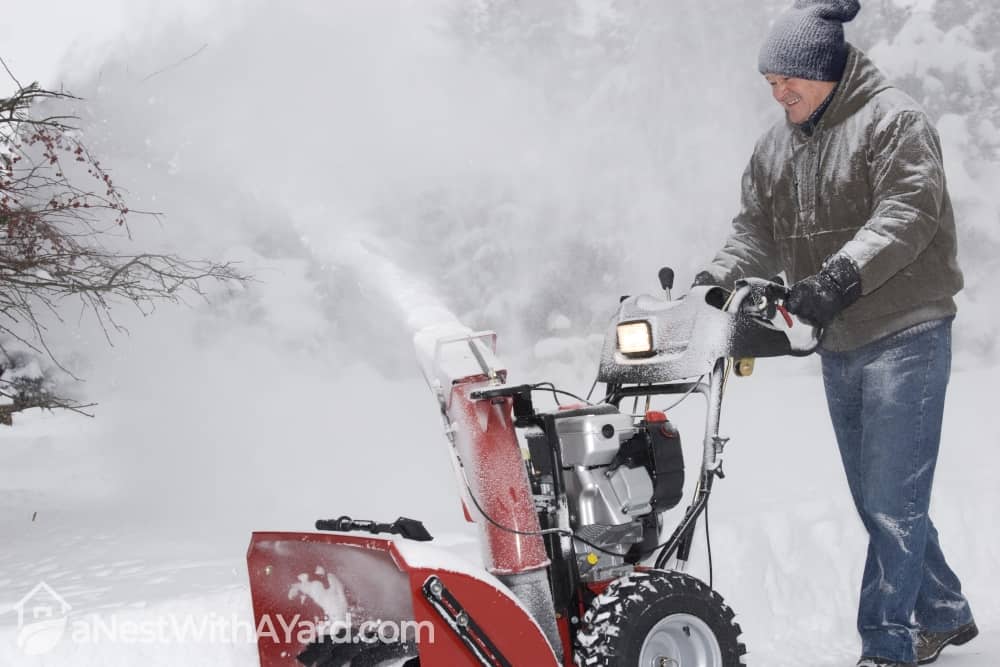
This week, Artie McGowan, master plumber and owner of Colony Plumbing in Mobile, Ala., is back! He’s providing answers to more common plumbing problems, like dripping faucets, long waits for hot water and more. (Editor’s Note: Listen to Part 1 of “The Ask Danny Podcast,” featuring Artie McGowan, to catch up.)
He’s a long-time friend of mine who’s also done hundreds of jobs for my construction company.
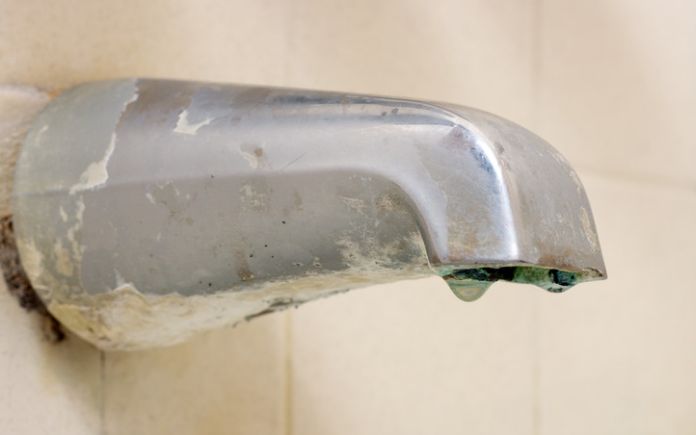
Dripping Faucets
What should you do if water pours from a shower-tub combo’s faucet while the shower is on and water drips from the shower head when it’s off?
Artie: If it’s a tub spout, the best thing to do is replace it. Some have repair kits, but it’s usually not worth it.
Unscrew the spout, take it to Home Depot, and they’ll have a replacement for it that will more than likely match it very easily.
With older faucets that have a third handle in the middle, you’ll need to take the stem assembly out and put a backup seal on it as well as a new washer. This can get complicated, so I’d suggest calling a plumber.
Also, call a plumber if you have a newer single-lever valve that has a push button under the handle instead of a spout to divert the water.
Watch: How to Repair a Leaky Faucet
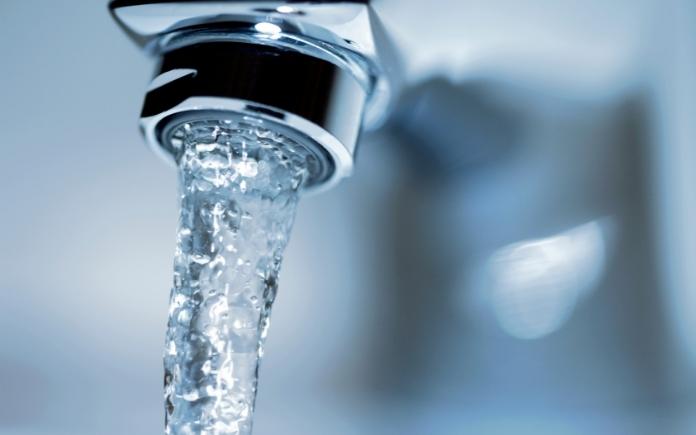
Long Waits for Hot Water
What’s the best way to address long wait times for hot water to reach the faucet?
Artie: If you have a tank water heater, you can install a hybrid recirculating valve on the top. Once you do that, install take a transfer valve on the faucet plumbing. This pushes the hot water gently into the cold side — that way you don’t have to run a separate recirculation line.
This gives you hot water much more quickly in bathrooms that are farther away from the water heater.
The other way, of course, is to install a recirculation line, but the problem with that is you have to find a way to snake it through the house.
Tankless water heaters nowadays have a recirculating pump already installed. If you don’t want to go tankless, you can invest in a hybrid hot water heater.
Read: How to Get Hot Water Faster
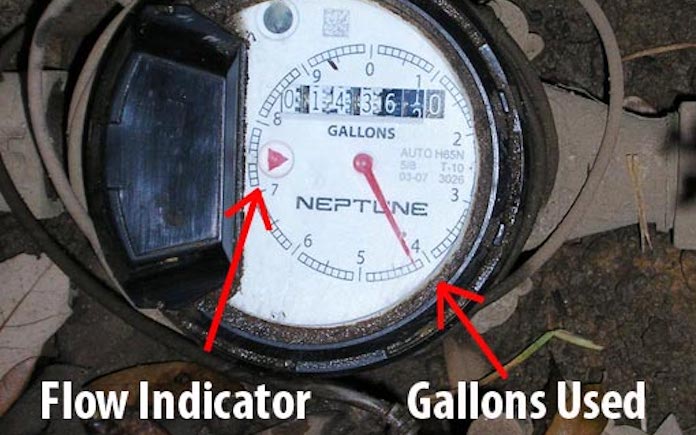
Finding a Water Leak
What is the best way to diagnose a leak around or in your home?
Artie: I suggest turning off all the appliances that use water in your home and checking the meter. Most newer meters have a tattletale dial on them, so you can see if any water is being used when everything is turned off.
Older meters will have a triangle that turns. With the newer digital ones that you can read with the satellite, you need to close the lid and open it again. On the right, you’ll see a tattle tale number that will let you know if you’re losing any amount of water.
If after you’ve done this and you see the meter is moving, turn off the valve to the water heater. This kills half the water to the house. If the meter is still moving, then you know the problem is on the cold side and the problem could be in the yard or underneath the foundation.
If it did stop moving after you turned off the water heater, then the problem is on the hot side, and you know where to look.
Read: How to Check a Water Meter to Find Plumbing Leaks

Electric vs. Gas Water Heaters
If you have a choice between an electric water heater and a gas one, which would you choose?
Artie: If gas is available, I’ll always go with gas. It recovers quicker, it’s cheaper to run and it’s much more efficient.
Electric takes longer to recover and heat up. You can wait a half hour, 45 minutes for the tank to heat back up. And if you have a large family on a 50-gallon tank, you could be waiting two hours on hot water.
Read: Comparing Gas and Electric Water Heaters
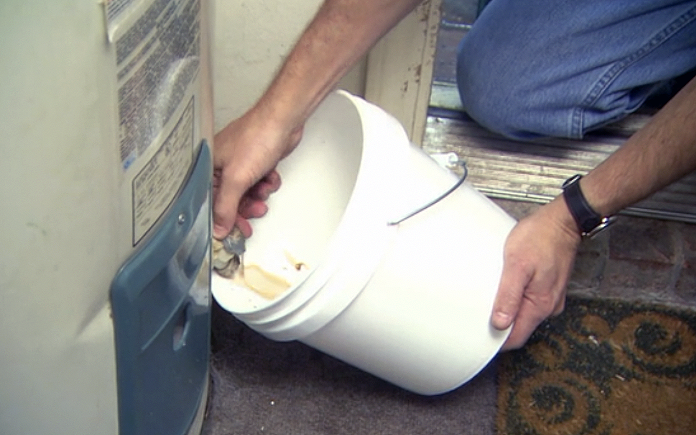
Draining a Water Heater
Why is it important to drain your water heater at least every couple of years?
Artie: Believe it or not, most people do nothing to their water heaters.
When high-velocity water is being used (pressurized water to push debris out of pipes to prevent blockage), all that crust builds up and drops to the bottom of the heater.
Even if there’s a swifter in the bottom that pushes it around to get it out of the system, it cakes up down there. And then, you’ll start to lose the efficiency of your heat.
Imagine putting a thick layer of insulation on the bottom of your tank, and the tank has to heat through that to get through the water. This is why you should drain your water heater at least every two years.
Watch: How to Drain a Water Heater
Further Reading
Ask a Question! (Podcast)
Ask a question and we could answer it on the “Today’s Homeowner Podcast!” We also may use it on our nationally syndicated radio broadcast or on todayshomeowner.com.








